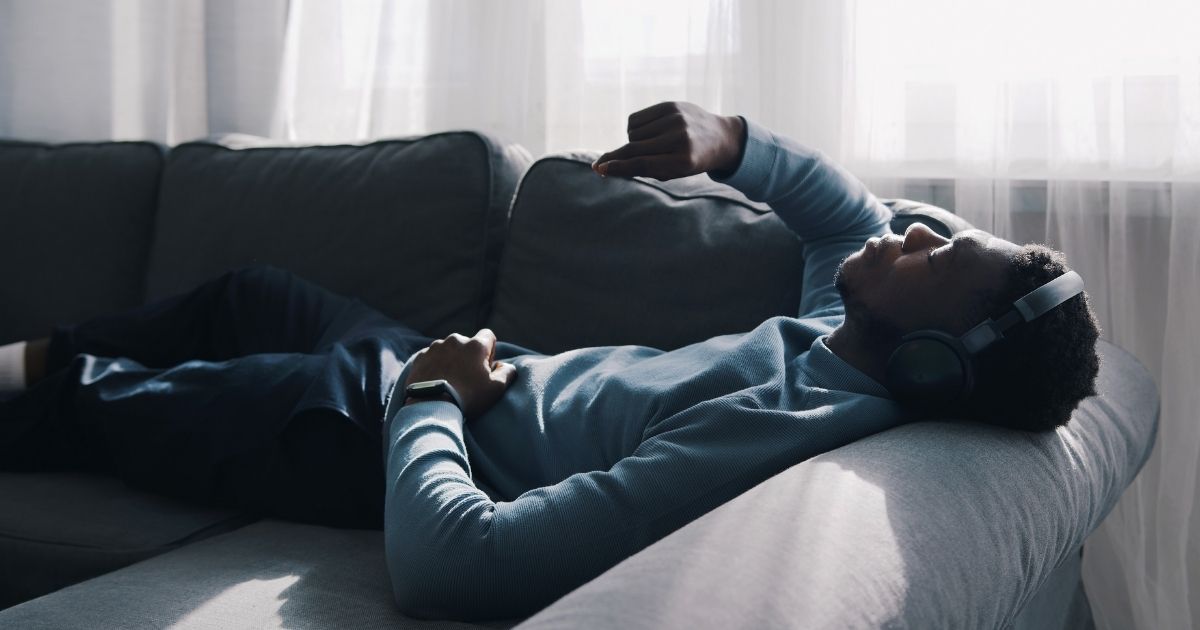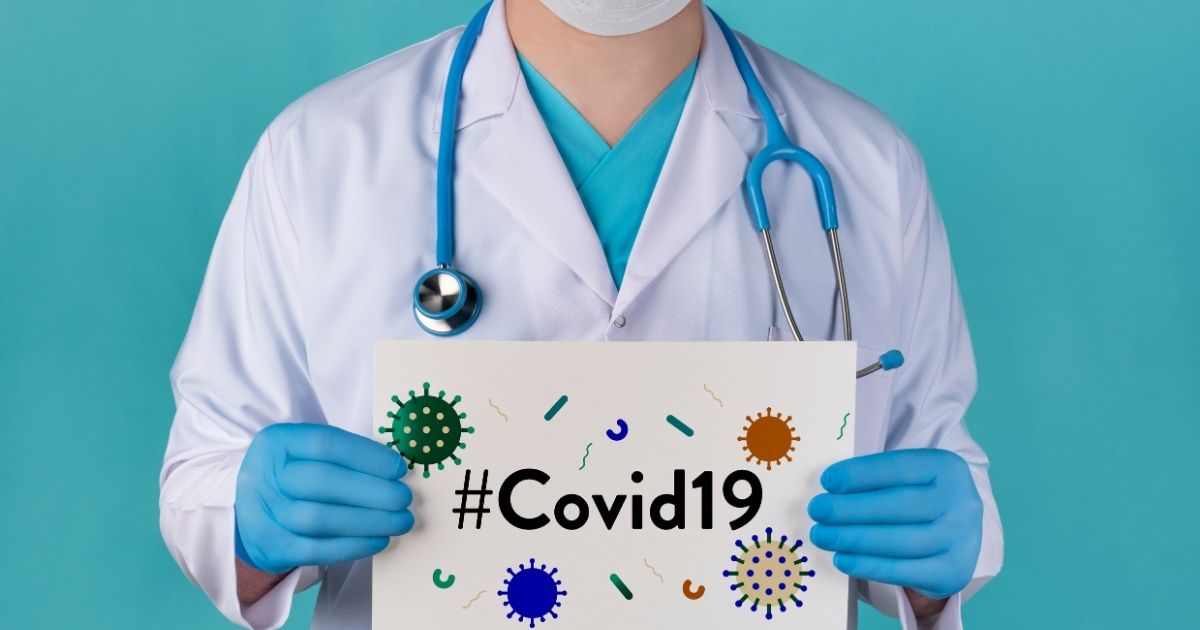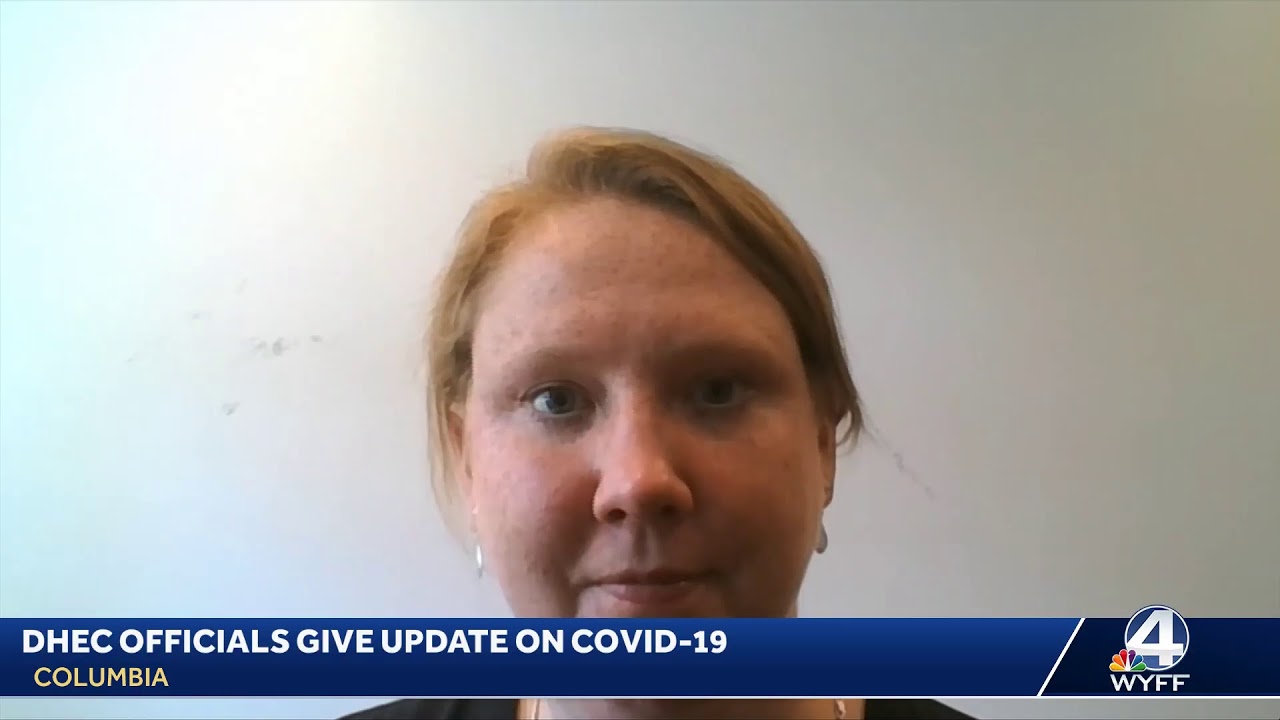With the U.S. Supreme Court’s decision on June 15 in the midst of Pride Month that workplace discrimination based on sexual orientation and gender identity is unlawful under the 1964 Civil Rights Act, Ash Micheal Lee of Wellford, South Carolina is a bit more hopeful about his current dispute with his York-County employer.
Lee, 35, claims that he has been the subject to anti-transgender discrimination by a colleague and what he says is the lackluster response to the alleged discrimination by management.
“Being Black and being trans, it goes a long way,” says Lee. He says that the colleague who discriminated against him because of his transgender identity also made comments about his race — including that Lee should go by a more “ethnic name” than Ash. The list of allegations ranges from comments about pay to emails grouping Ash with the “ladies.”
Lee, who served eight years in the military and is a community organizer, says this is the first time something like this has happened. It comes during his gender transition and months into taking testosterone. But, Lee says, even with a beard, his colleague would misgender him.
After filing an official complaint, Lee spoke with his company’s CEO, who said he wanted to pursue his own investigation into the allegations of discrimination.
For Lee, it’s about standing up not only for his rights in the workplace, but also as someone involved in his community. “I do too much advocacy work to let it go,” Lee says. “No one should be treated in this way.”
The Supreme Court decision, which was 6-3, provide a tool to protect employees who identify as lesbian, gay, bisexual or transgender. However, Lee says, it’s a “drop in the bucket from where we have to go.”
Related: Greenville County’s 1996 anti-gay resolution is no more
In the Upstate, the ruling “brings clarity to employers and gives them an opportunity to firmly establish that in their workplaces, people from diverse backgrounds and beliefs can come together for a common purpose,” Leslie Hayes, founder and president of HR consultancy The Hayes Approach, said in an email.
“For Greenville to thrive, for its businesses to succeed, its people – all of its people – must have the opportunity to use their talents positively in the workplace and prosper,” Hayes said.
Lee says he believes the court’s decision “gives us protection.” He hopes that this protection can roll over to include health care, since health insurance is directly tied to employment.
A few days before the Supreme Court decision, President Donald Trump issued an executive order that peeled back an Obama-era policy against discrimination of transgender people seeking health care and health insurance services.
The order from Trump is one example of proving that work remains to be done for LGBT rights, said Caroline Caldwell, vice president of Upstate Pride.
“Whether [trans men or trans women are] beginning to transition, whether they’re at the end of a transition,” Caldwell says, “discrimination at the workplace is highly prevalent for them.”
Caldwell highlighted cases of people she’s worked with who have been heavily discriminated against in their workplaces in the Upstate, especially in the manufacturing sector.
“Sometimes it’s not about firing you specifically,” Caldwell says. It can also be about creating an environment of emotional and even physical abuse. “It’s about making life so horrible and miserable for you that you can’t get your job done.”
The court decision, Caldwell says, will now give those discriminated against because of their LGBT identity a tool with which to fight back.
“I’m excited that this is a step forward, but we still have a lot of work to do,” says Caldwell.
The post Supreme Court ruled LGBT workers protected from discrimination appeared first on UPSTATE BUSINESS JOURNAL.










